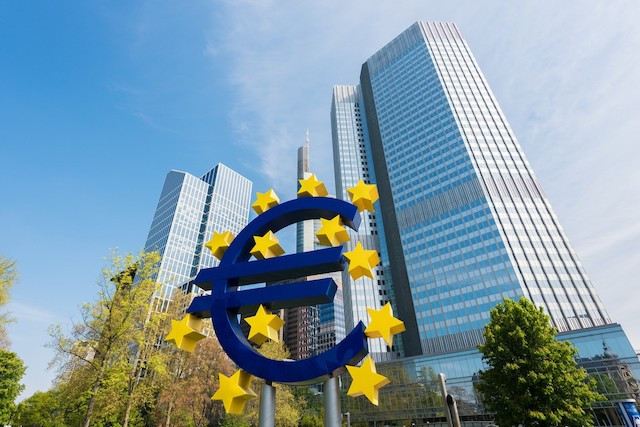After insisting in the spring that European banks do not pay dividends in light of the health crisis, the ECB is losing some leverage this time, although still calls for a prudent approach.
Its first recommendation was to pay nothing to shareholders before October 2020 to maintain reserves in the event of a hard blow. In July, it had extended this recommendation to 1 January 2021.
While the ECB is no longer demanding a complete freeze, it does recommend that banking institutions sharply limit these payments. Concretely, dividends and share buybacks must remain below 15% of cumulative profits over the 2019 and 2020 financial years and/or must not represent more than 20 basis points of the CET1 (Common Equity Tier 1) capital ratio. The lower limit will apply.
These new measures will have to be applied at least until September 2021. A hard blow, therefore, for shareholders who might also be counting on receiving divident payments. This is particularly the case for the Luxembourg state, which should have received €40m this year from Spuerkeess, of which it holds 100%, and €50m from BGL BNP Paribas, of which it holds 34%.
The ECB has calculated that the freeze on bank dividends in 2020 has kept €30b in reserve. The Frankfurt institution continues to be concerned that some institutions will face excessive defaults in the coming months.
This article was originally published in French on Paperjam.lu and has been translated and edited for Delano.
